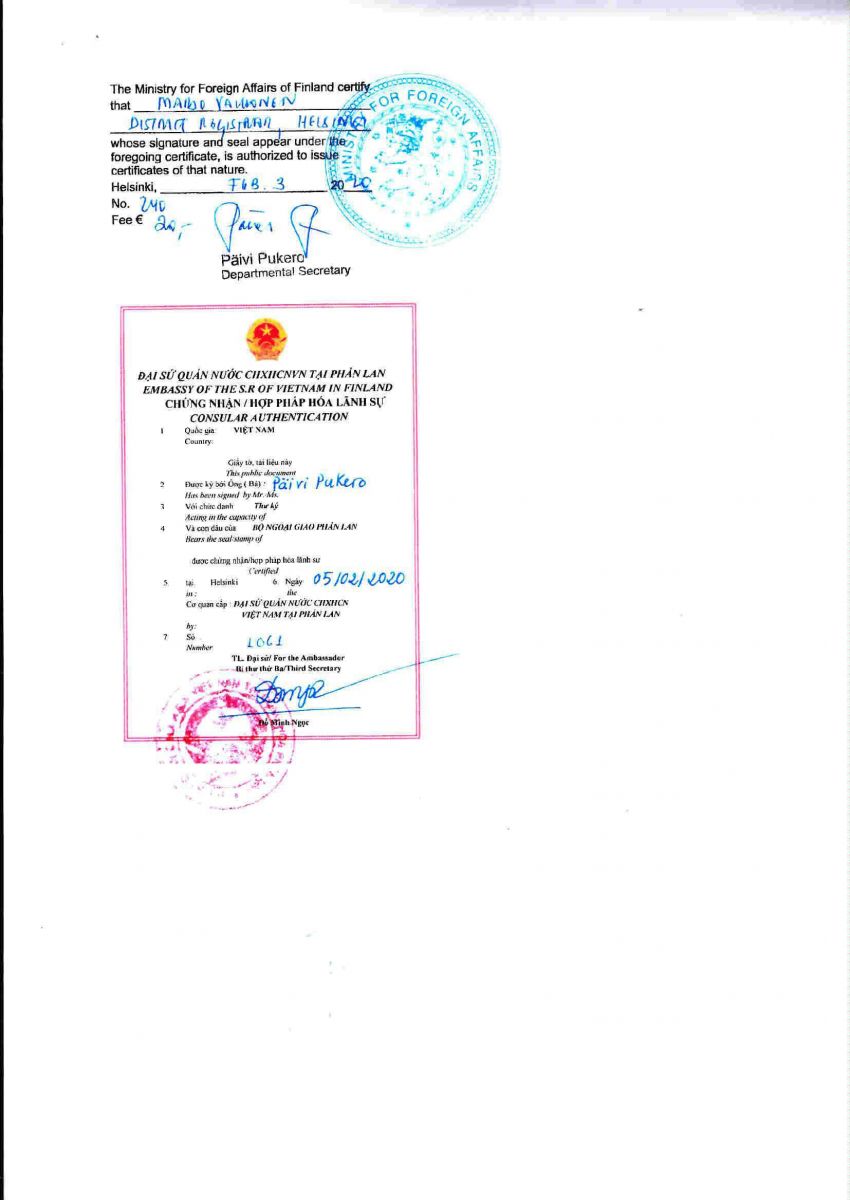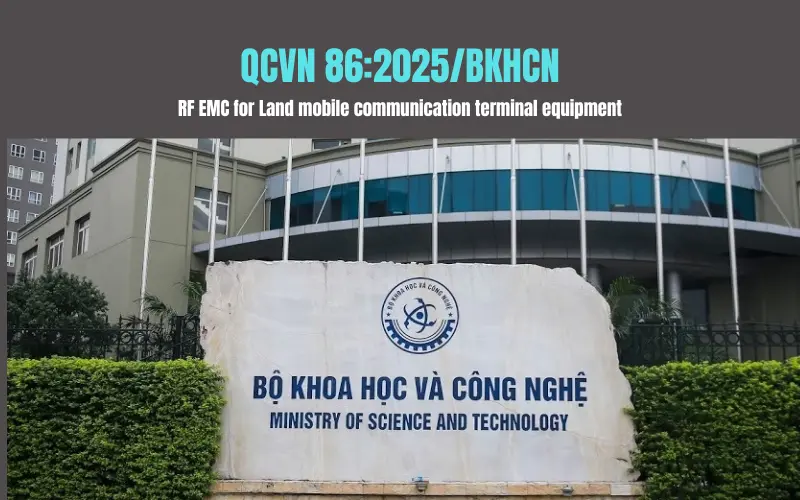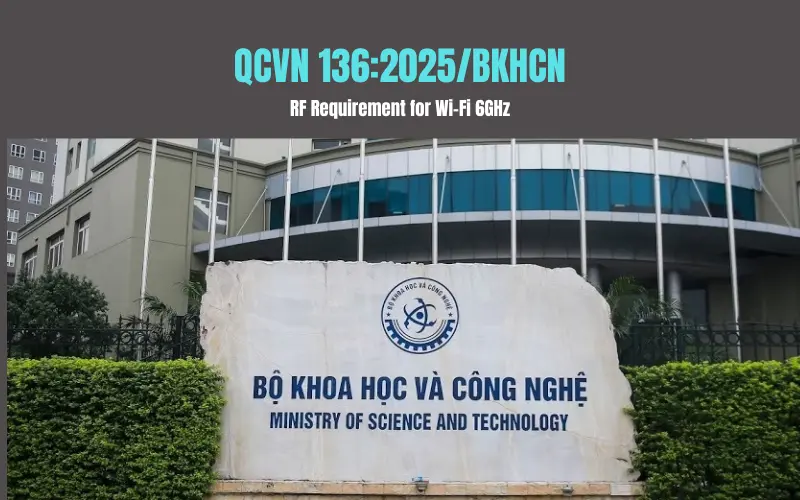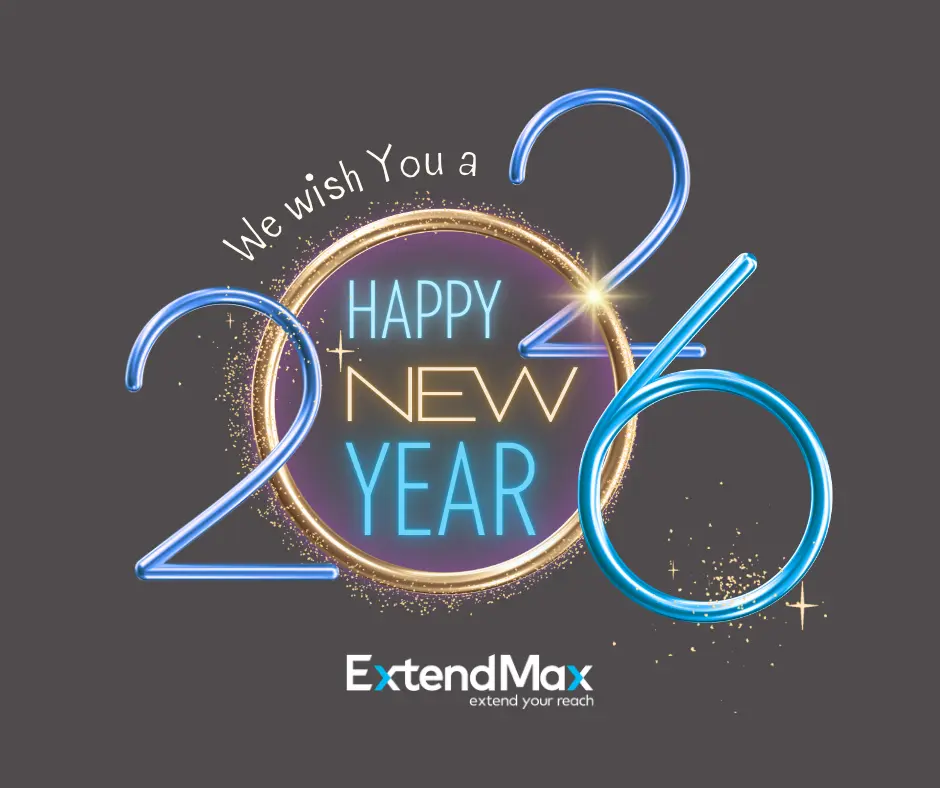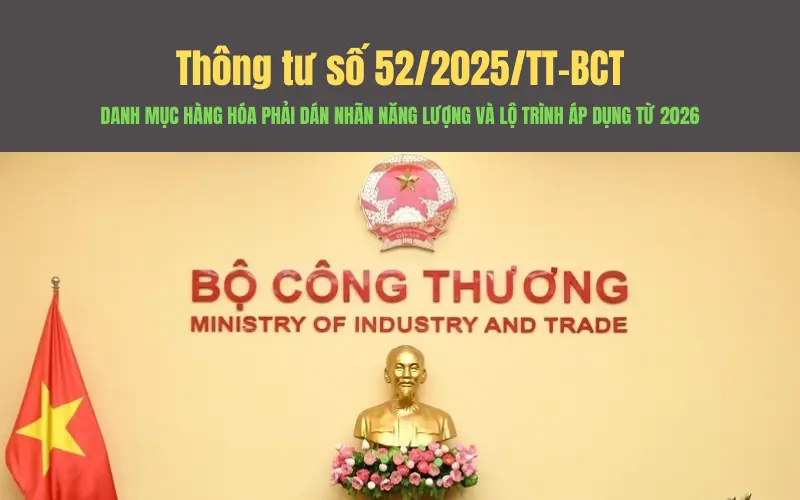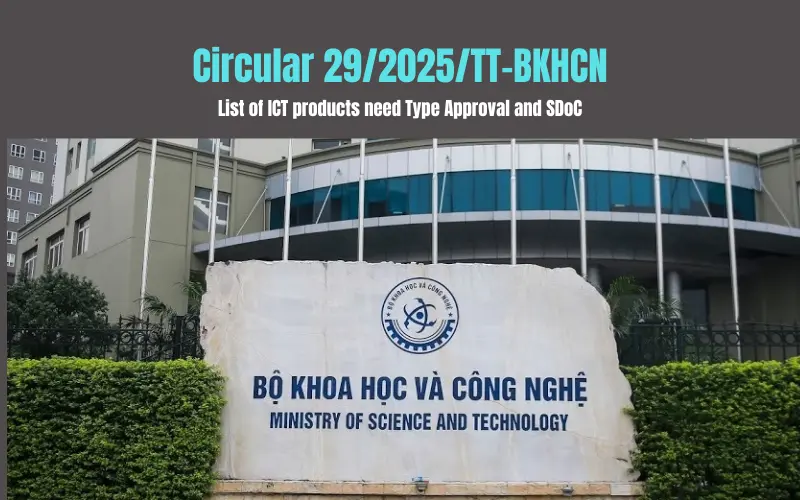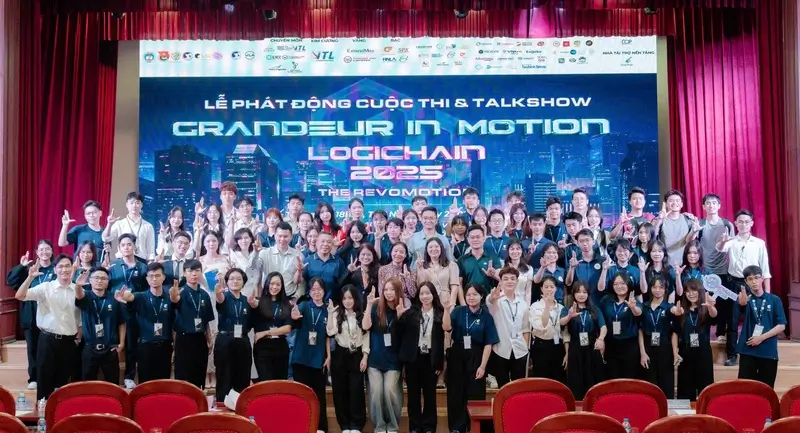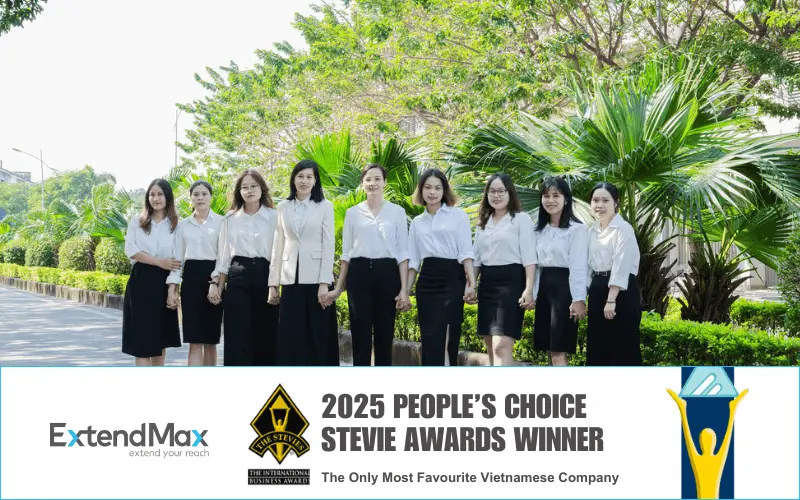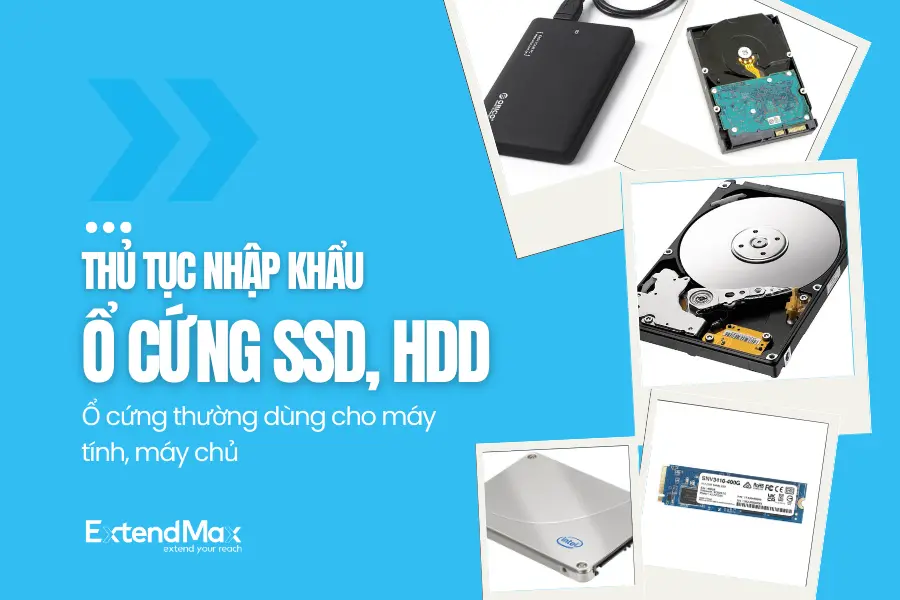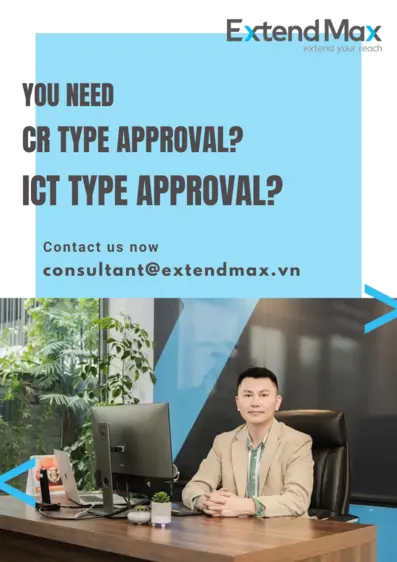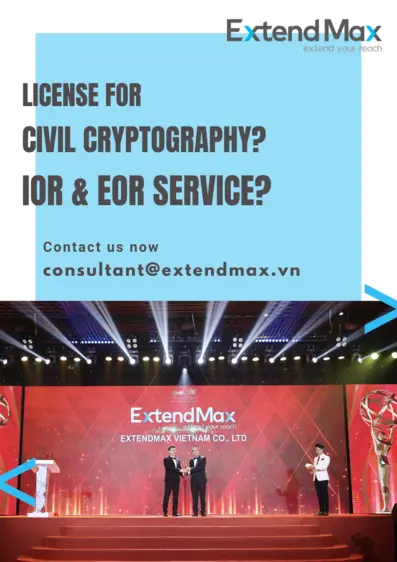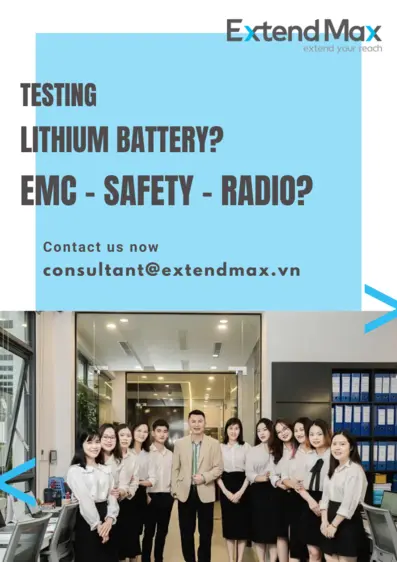Recently, we have received many inquiries from foreign clients and partners regarding consular authentication, so we made this guide to to answer questions related to consular authentication procedures and whether it is needed for regulation conformity certification.

What is Consular Authentication?
Pursuant to Article 2 of Decree No. 111/2011/ND-CP, "Consular Authentication" means the Vietnamese competent authority certifies seals, signatures and titles on a document documents issued by a foreign organization or person so that those documents are recognized and accepted in Vietnam.
In addition to "Consular Authentication", Decree 111/2011 / ND-CP also stipulates the "consular certification" procedure is that the competent authorities of Vietnam certify the seal, signature, titles on documents issued by a Vietnamese organization or person for such papers and documents to be recognized and used in foreign countries.

When will you need consular legalization?
To be recognized and used in Vietnam, foreign papers and documents must be consularly legalized, except for the cases specified in Article 9 of Decree No. 111/2011/ND-CP.
Consular legalization is not required for the documents that the Vietnamese receiving agency does not have an official written request for, or which are not specified in legal documents.
What content shall be certificated or authenticated?
Pursuant to Article 3 of Decree No. 111/2011/ND-CP, the consular certification and authentication are only the certification of stamps, signatures and titles on papers and documents, not imply certify the content and form of papers and documents.
Does consular authentication take a long time to complete?
Before being "consular certificated", foreign documents need to go through a procedure equivalent to "consular certification" at the competent diplomatic authority of such country. The procedure for consular legalization is not difficult for Vietnamese people, but in the eyes of many foreign organizations, this is a complicated procedure, even difficult to understand and takes a lot of time due to inexperience.
Especially during covid-19 pandemic and many countries have completely used digital signatures and electronic seals on documents (but according to Decree No. 111/2011/ND-CP, they are not accepted for consular authentication), consular authentication is even more difficult or foreign organizations and individuals

What types of documents exempt from consular authentication?
Article 9 of Decree 111/2011/ND-CP provides that the following documents and documents are exempt from consular authentication:
"1. Documents exempted from consular certification or authentication according to international treaties to which Vietnam and the foreign concerned are both members, or on the principle of reciprocity (Eg: test report issued by MRA labs).
2. Documents are transferred directly or through diplomatic channels between a competent Vietnamese agency and a foreign competent agency.
3. Documents exempt from consular certification or authentication in accordance with Vietnamese law.
4. Documents which are not required by Vietnamese or foreign receiving agencies to be consular authenticated or certified in accordance with relevant Vietnamese or foreign law provisions."
Foreign documents must be consular legalized for ICT type approval and DoC?
What kind of foreign documents must be consularly legalized for declaration of conformity?
Based on Clause 2, Article 17 of Circular No. 30/2011/TT-BTTTT (supplemented and amended by Circular No. 10/2020/TT-BTTTT), below kinds of foreign documents are related to declaration of conformity process:
1. "Manufacturer's technical document": The Circular does not specifically require this document to be submitted in the form of a copy, original, or consularly authenticated original copy. However, based on the implementation made throughout the years, this document only needs to be a copy stamped and signed by the importing organization or individual only.
2. “Manufacturer's Self-Assessment report”: This document is explicitly stated that only a “copy” is required, which means that a copy or a certified-true-copy made by the importer is accepted, there is no requirement for consular legalization.
3. "Document from the manufacturer to the VNTA on the use of the self-assessment report (LOA)": The MIC Circular 10/2020/TT-BTTTT does not specify whether this document to be an original or a copy, usually understood as an original documents according to the practices of state management agencies. However, the circular of the MIC does not have specific requirements for consular authentication for this document.
Pursuant to Clause 4, Article 9 of Decree No. 111/2011/ND-CP, in case the Vietnam MIC does not require consular authentication for above listed documents, it can be understood that the above listed documents are exempt from the "consular authentication" requirement.
What kind of foreign documents must be consularly authenticated for Type Approval certification?
In principle, the documents required for ICT Type Approval certification will be decided by the certification organizations in their own competence. So the applicants must follow the internal regulation and requirement of the Certification Authority.
Any other authority requires “consular authentication” for conformity certification and DoC?
Based on ExtendMax's experience:
→ The certification bodies of the Ministry of Science and Technology currently do not have requirements for consular authentication when receiving dossiers of foreign manufacturers' applications for certification of conformity. In many cases, an e-mailed electronic application is also accepted, and the original signed and sealed original is not required.
→ In the past, the Department of Food Safety and Hygiene had consular authentication requirements for some types of certificates issued by foreign agencies (eg "Free Sale Certificate"), but these requirements are has been aborted.
The above comments are based on ExtendMax's own point of view, in the event that the documents are not exempt from consular legalization or the receiving authority has a request for consular legalization, organizations and individual must follow such written request.
Sample of a "consular authenticated document":
